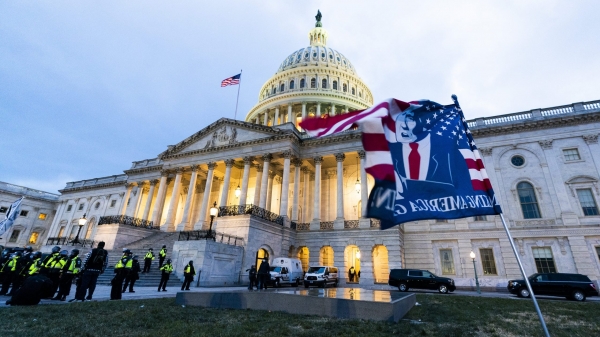After Pennsylvania recently became the latest state to outlaw female genital mutilation last month, 16 states, including Alabama, remain the only states to have no legislation criminalizing the practice.
Female genital mutilation, which is defined as a procedure to “remove, cut, circumcise, excise, mutilate, infibulate or re-infibulate” any part of the genitals for non-medical purposes on females under the age of 19.
Pennsylvania Gov. Tom Wolf signed House Bill 315 into law on June 28, making FGM is now a first-degree felony.
The Alabama House of Representatives adjourned early this year without taking action on HB 421, a bill that would have criminalized FGM.
Elizabeth Yore, child welfare advocate and head of EndFGMToday, an organization dedicated to criminalizing the practice of FGM, said the organization is immensely thankful to the legislators and governors who have taken steps to “protect girls from this horrible practice that leaves both physical and emotional scars for a lifetime.”
“The fact that 34 states now have FGM criminalization laws in their books is incredible,” Yore said. “These recently passed laws are a testament to the fact that legislators realize FGM has no place in their states. Female genital mutilation has no place in America—or anywhere else in the world.”
The states without FGM laws in place are: Alabama, Alaska, Connecticut, Hawaii, Indiana, Kentucky, Maine, Massachusetts, Mississippi, Montana, Nebraska, New Mexico, North Carolina, Vermont, Washington and Wyoming.
The practice of FGM was declared a felony in 1996 under the Female Genital Mutilation Act. However, that law was deemed unconstitutional last year by a federal judge, leaving states to decide on regulating the practice.
The World Health Organization (WHO) estimates that more than 200 million women and girls worldwide have been subjected to FGM. The Center for Disease Control (CDC) reported in 2012 that an estimated over 500,000 women and girls in the United States are at risk of being victims of the procedure.



















































